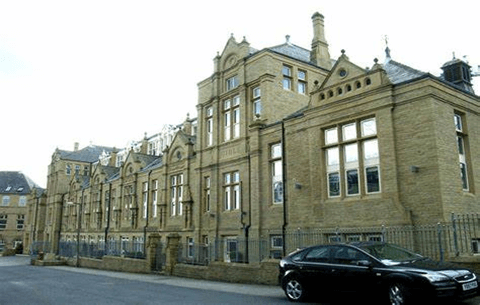Children take more breaths, so are more vulnerable to the effects of poor air quality.
That is why the need to tackle pollution around our schools is a top priority for us. Poor air quality can cause health problems like:
- asthma;
- wheezing;
- coughs;
- and infections like pneumonia.
Image

Travel to school
- Walk, cycle or scooter, which is good exercise and you can reduce air pollution.
- Take the bus or train.
- If you must travel by car, try to car share with someone.
Promote sustainable travel
- Encourage your children and their friends to walk and cycle.
- Encourage friends and family to walk, cycle and car share.
- Reduce the amount your family uses the car.
- Discuss air quality issues with your school, friends and family.
If you must drive
- Fully inflate car tyres so your car uses less fuel.
- Switch the engine off while you wait for children after school.
- Make sure your vehicle is serviced at regular intervals.
- Try to use your car less, in particular for journeys less than 2km.
- Do not start your engine until you are ready to travel. Turn the engine off if you need to wait or are stuck in traffic.
- Avoid rapid acceleration and heavy braking. These both increase fuel consumption and air pollution.
- Stay within the speed limit. You will use 30% more fuel to travel the same distance at 70 mph instead of 50 mph.